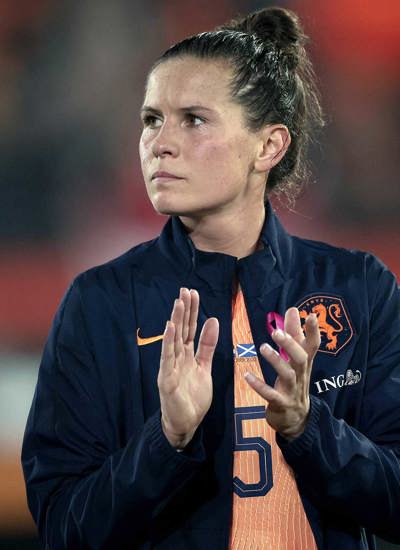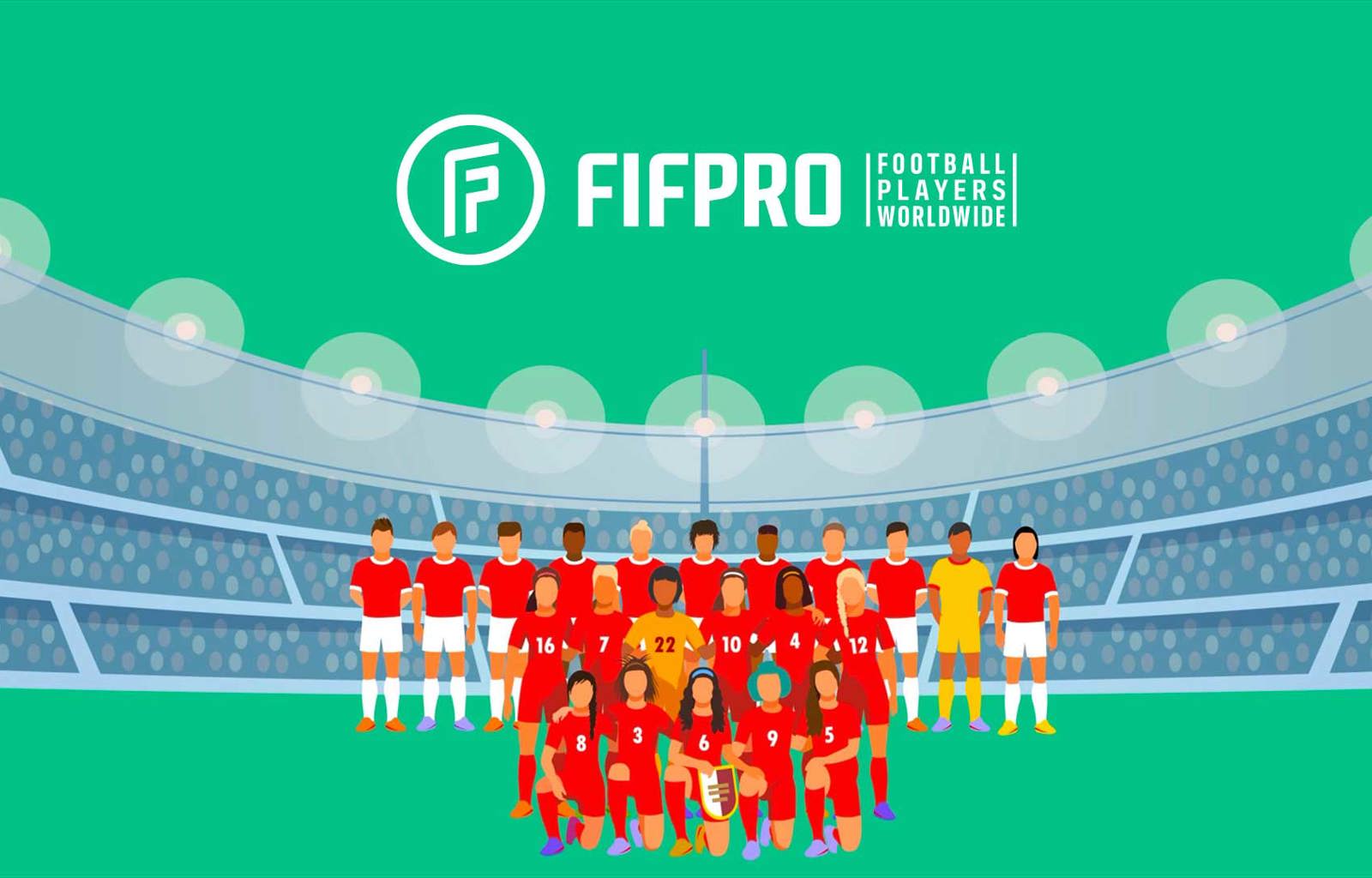
- As a trade union, FIFPRO and its 66 affiliated national associations support footballers around the world in their workplace
- FIFPRO works on behalf of more than 66,000 men's and women's players
- We bring you eight reasons for footballers to join their national player association
Joining a player union unlocks many benefits for professional footballers. Through the power of the collective via FIFPRO’s 66 member unions, men’s and women’s players around the world are able to stand together with one common voice – supporting each other to push for positive change in their industry.
That unified strength was illustrated last year when FIFPRO, member unions, and over 150 players from 25 national teams helped secure improved conditions and prize money for participants of the 2023 FIFA Women’s World Cup, in what was the largest piece of collective action ever undertaken by women’s footballers.
FIFPRO brings you eight reasons why footballers should join their national player union.
1) Better, fairer working conditions
Footballers in the global spotlight are those at the upper echelons of the game, earning the highest wages and attracting the largest sponsorship deals. But the reality is most players earn modest salaries, usually in line with the average wage of any worker in the country they play in. In fact, FIFPRO’s 2015 Global Employment Report found that 45 percent of players earned less than 1,000 USD a month, while 74 percent earned less than 4,000 USD.
In football – a fluid, fragile and complex market – joining a union can help protect players’ rights, improve their working lives, and ensure fair, universal treatment. This includes simply being paid on time, protecting employment status, improving maternity and paternity regulations, standard player contracts, and more.

2) Collective bargaining
Governing bodies in football can drown out players’ voices. But with strength in numbers comes the power of collective bargaining: a fundamental necessity to ensure decisions within the industry are made democratically and with the players’ best interests in mind.
Unions take an active role in developing and pushing Collective Bargaining Agreements (CBAs) to ensure footballers have an appropriate influence over their working conditions.
Raquel Rodriguez: "Equal conditions in Costa Rica means our effort is being recognised"
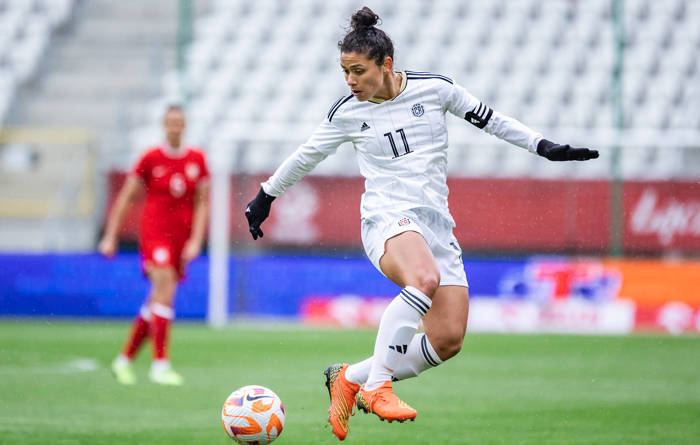
3) Legal support
Player unions offer legal advice and support to footballers on a plethora of issues, including when players sign a contract, when players want to play abroad, or any other work-related queries players may have.
Unions are also there to provide legal support for players involved in a dispute, such as contract breaches or when a player’s rights have been abused. Member unions operating on a domestic level, along with FIFPRO at a global level, are involved in putting the legal framework in place for optimised player protection.
Sara Bjork Gunnarsdottir's maternity case shows all players need legal protection – even those at high-profile clubs

4) Safe working environment
Professional footballers are entitled to the same rights as any other worker, in any other industry, including the right to a safe workplace. Discrimination based on race, gender or sexual orientation, fan violence, and abuses of power from the likes of club directors and coaches, happen in the professional game.
Many unions are involved in impactful awareness campaigns to prevent forms of workplace discrimination players may suffer, as well as offering solutions to create a safer working environment, including the Red Button app to safely report match-fixing approaches.
Leon Balogun: "Workplace has become more violent for footballers"
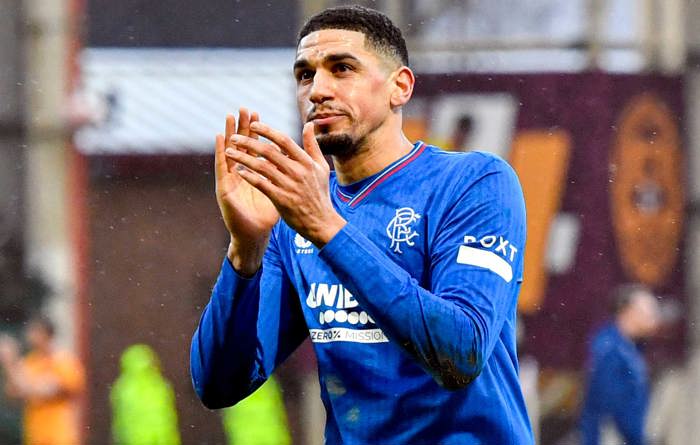
5) Learning and development opportunities
As well as being a short career path for players, football can also be uncertain. The next injury, coaching change or expiring contract may be career-ending.
Joining a union opens up many avenues in the form of educational and development opportunities, helping players acquire the skills and qualifications to prepare for life after football.
FIFPRO South America’s education campaign making a difference for players

6) Health support
Professional footballers play out their career in full view of the public, media, and are exposed to high-pressure conditions that can induce mental health problems. Furthermore, the risk of injury for footballers is far higher than in many other occupations and can have a lasting impact on a player’s career, which is typically shorter than most other professions.
A union works to protect and raise awareness of players’ health – both during and after their career has finished – offering tools to support mental health, addressing issues in the wider game such as concussion management and the overloaded match calendar, offering education about symptoms and signs of sudden cardiac arrest and resuscitation and more.
Rikke Sevecke: "We can’t take chances with players’ health – there needs to be a change"
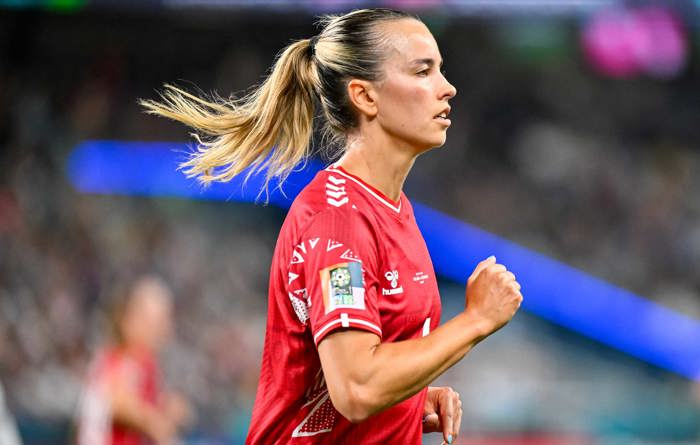
7) Support for out-of-contract players
A player’s career is often uncertain, highly susceptible to factors outside of their control and, by its very nature, short and seasonal. Operating in such a competitive and precarious jobs market can see players potentially slip through the cracks, end up out of contract and without a club.
Many unions offer solutions such as operating training camps and tournaments for out-of-contract players, helping them stay fit and attract potential new employers.
Carlos Indiano: "The visibility this tournament gives you is important"

8) The right to join a union
It is your right to have the choice to join a union. A footballer legally cannot be refused employment, be dismissed by a club, or treated unfairly because they are a member of a player union.

